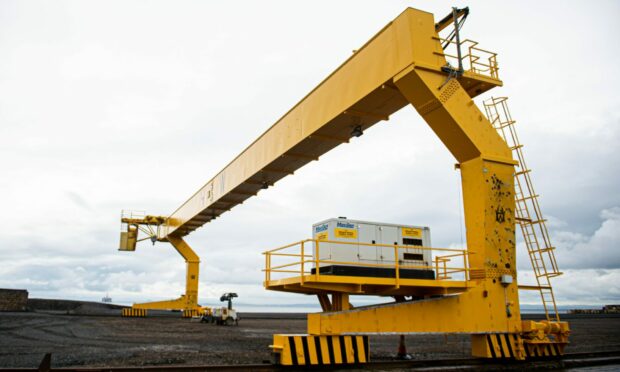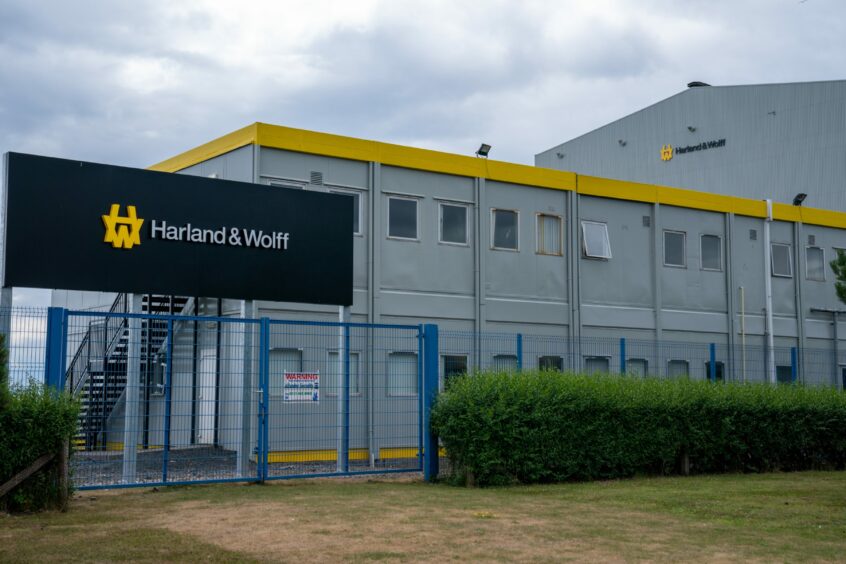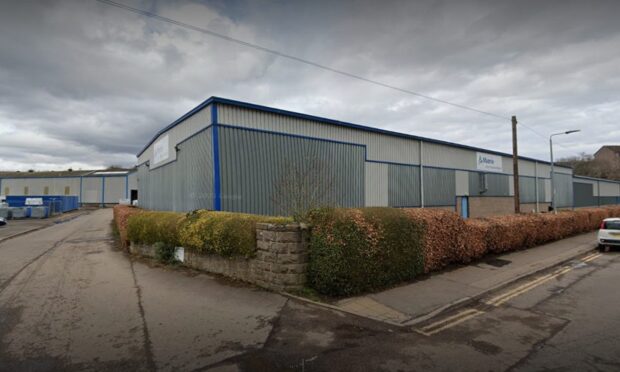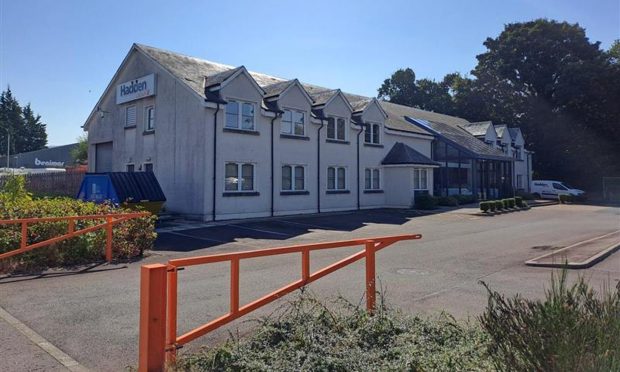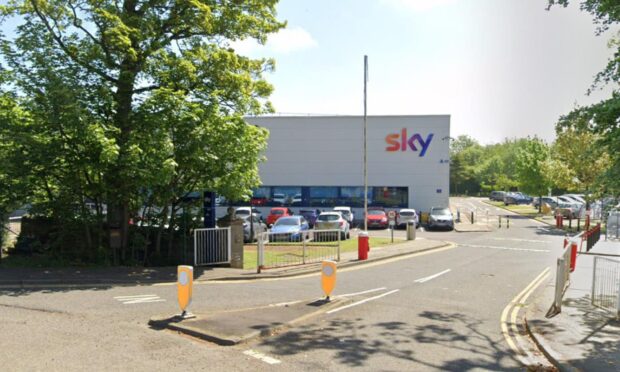Harland & Wolff has welcomed 75 new apprentices to the group with a number based at Methil.
The latest round of 12 budding recruits brings the number of apprentices at the yard to currently 28.
Harland & Wolff, which acquired the former BiFab yard in Methil two years ago, said it is investing in the industry-leading apprenticeship programme to develop a pipeline of talent to support its ambitious growth programme across the UK.
The group, which has 125 members of staff, offers apprenticeships in three key areas – trade, business support and technical – and each scheme provides apprentices with a breadth of transferable skills to navigate the ever-changing industry.
Harland & Wolff thriving
Andrew Jackson, Harland & Wolff’s chief people officer, said: “Our business in the UK thrives because of the fantastic people who work for us.
“As we build for the future our apprenticeship programmes allow H&W to secure and replenish a pipeline of skills from some of the best and brightest local talent for the shipbuilding industry, it also supports local communities, supply chains and offers careers that help us to become even better.
“I have always been impressed with the enthusiasm and commitment shown by our diverse range of apprentices.
“In return, H&W offer what I believe is a uniquely exciting range of opportunities to learn and develop within our company, working with some of the most exciting people and projects in our industry and continuously fostering the skills outlined by the UK Shipbuilding Skills Taskforce.”
Apprentices have also joined at H&W’s Belfast, Appledore and Arnish sites.
Harland & Wolff history
When Harland & Wolff acquired BiFab assets in January 2021, it anticipated building workforce of around 600 in Fife.
The headcount in Methil then steadily grew as work ramped up on a contract to deliver eight turbine jackets for jackets.
But in September, Harland & Wolff confirmed it had reached an agreement with contractor Saipem to descope the contract from eight structure to four.
Then, just before the end of the year, the firm revealed it had terminated the contract, claiming cost escalation and delays have made the work “sub-economic.”
Negotiations with Saipem successfully concluded, with the contract value finalised at £16 million.
